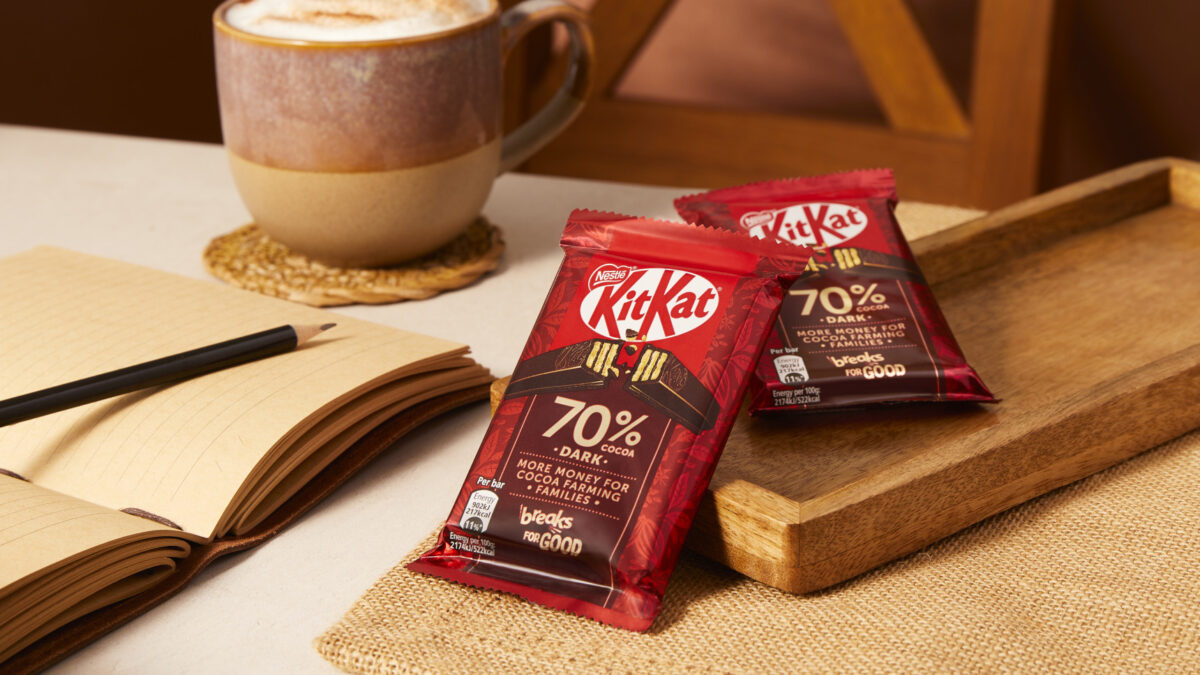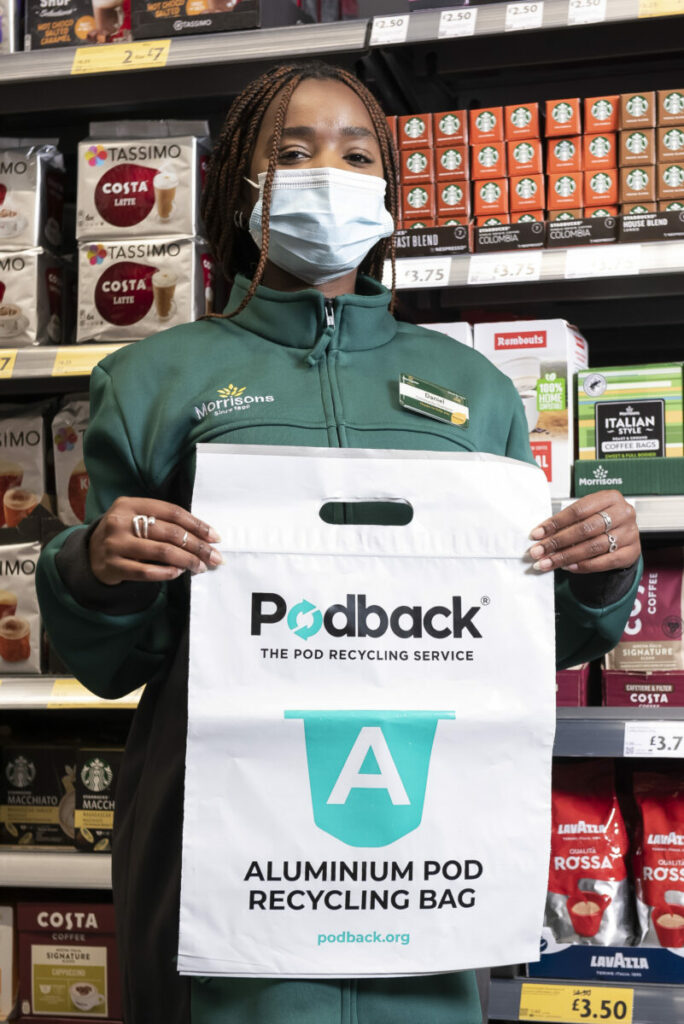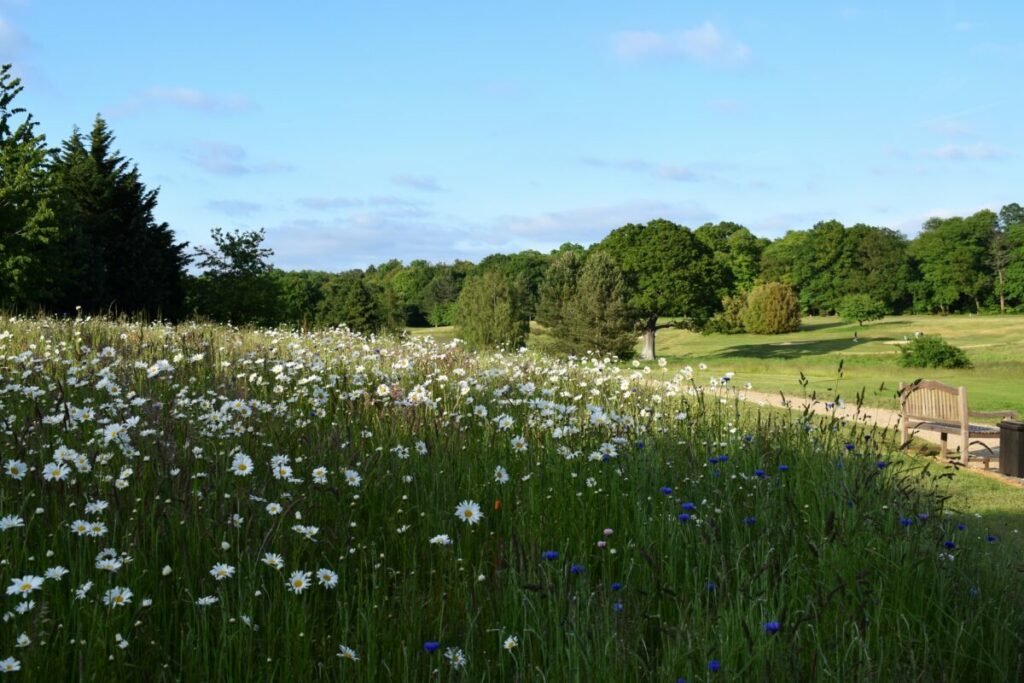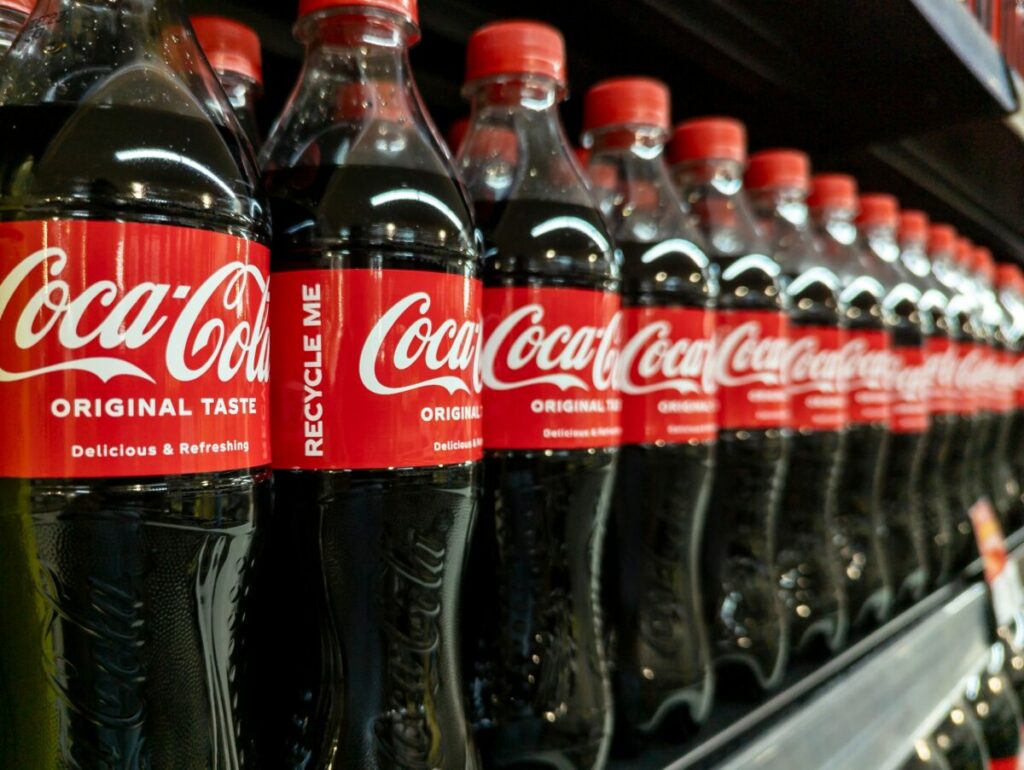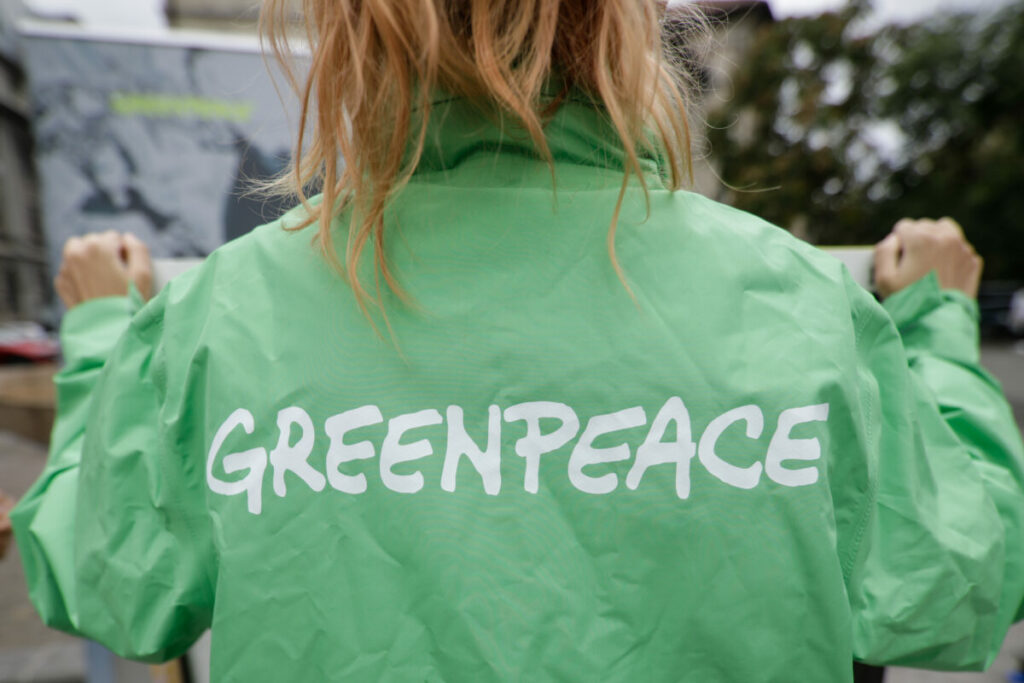Iconic British chocolate brand KitKat has launched a new bar made with cocoa mass sourced from families enrolled in Nestlé’s cocoa income accelerator programme.
The KitKat 70% Dark – currently only available in Sainsbury’s – is the first chocolate bar to be made with cocoa mass sourced from families enrolled in Nestlé’s cocoa income accelerator programme.
Building on the long-standing work of the Nestlé Cocoa Plan, which has been in place since 2009, the income accelerator programme aims to improve the livelihoods of cocoa-farming families and their communities.
It focuses on advancing regenerative agriculture practices, which aim to protect, preserve and restore natural resources for generations to come.
The programme also empowers women as agents for positive change, encourages school enrolment, and supports farming communities in diversifying their income streams.
Subscribe to Sustainability Beat for free
Sign up here to get the latest sustainability news sent straight to your inbox everyday
“The introduction of KitKat 70% Dark to our range of iconic chocolate bars is a great way to kick off the new year,” said brand manager Hannah Boyle.
“While the bar is delicious, we’re also proud of how it has been made – with cocoa mass sourced from families enrolled in the income accelerator programme.
Chocolate fans can learn a little bit more about how their break is “helping to improve the livelihoods of cocoa farming families and their communities” by scanning the QR code on the pack.
More information about the income accelerator programme and Nestlé’s commitment to sustainability and responsibly sourced cocoa can be found on the Nestlé website at www.nestle.co.uk/en-gb/income-accelerator-programme.
Nestlé recently invested £7 million in the firm Impact Recycling as it ramps up its efforts to process hard to recycle plastics. The site is set to be operational from late summer this year.


